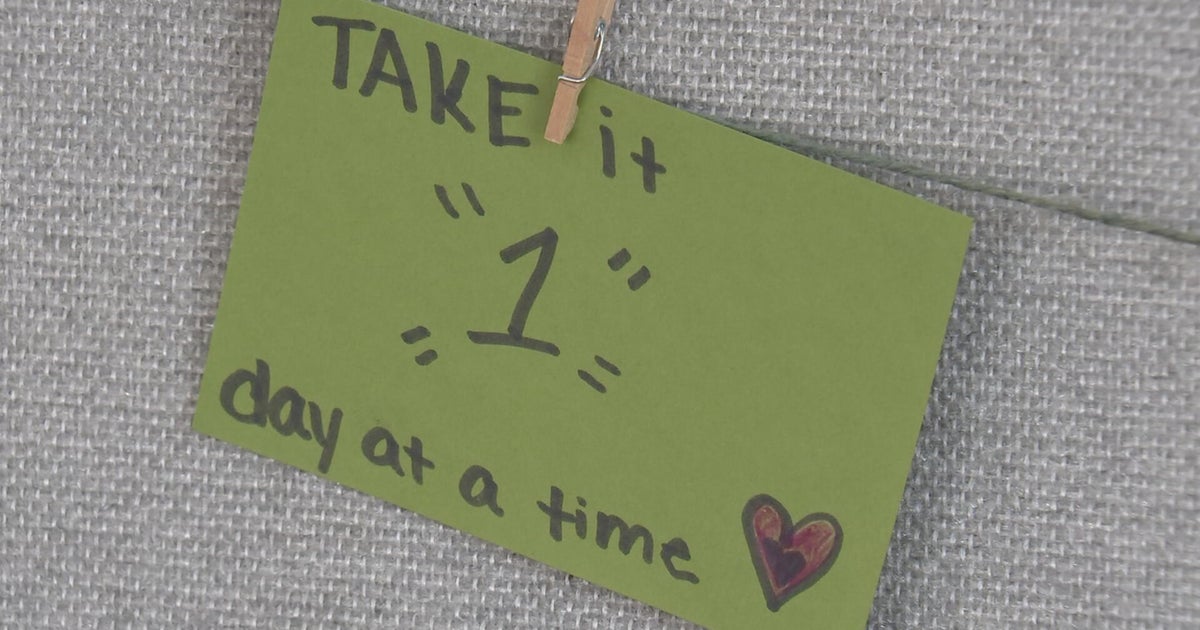Unstable work hours could impact your mental health
PHILADELPHIA (CBS) -- Shift workers are estimated to be about 25% of the U.S. population. New research shows working odd hours can impact your mental well being.
Working late nights, inflexible schedules or having no paid sick leave can have a big impact on your mental health.
The CDC says about one in 37 working adults experienced serious psychological distress in 2021.
The time of day you work could affect your mental health, especially for shift workers.
New data from the national health interview survey shows about 3% of working adults experience serious psychological distress at their jobs.
That number jumped to almost 5% for workers on evening and night shifts and 4% for people on rotating shifts.
Poor work conditions, non-flexible hours, job insecurity and monthly changes in pay were some of the distressing factors.
Experts say a lack of control is at the heart of many of these work conditions linked to poor mental health.
Some workers experienced negative feelings so severe that it impaired social and occupational functioning and required treatment.
According to the report, people working the night shift were twice as likely to report serious psychological distress than those on day shifts.
A study published last year in the Journal of Clinical Sleep Medicine shows an association between shift work and higher risk of heart attack and diabetes.
Rates of distress were also significantly higher among workers, who did not have paid sick leave and those with inconsistent schedule and pay.
In addition to the mental health concerns, previous research links shift work to increased risk of physical health problems as well.
Things like obesity are associated with challenging work schedules.







